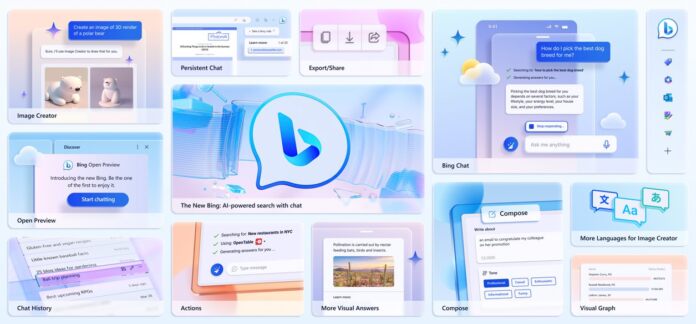Microsoft has announced modifications to its AI services policies, which will be implemented on September 30th. These changes aim to address the challenges posed by generative AI, focusing on data usage and the responsible development of AI technologies.
Updated Microsoft Services Agreement for “AI Services”
The latest version of the Microsoft Services Agreement now prohibits users from trying to reverse engineer AI models and uncover their underlying components. Additionally, methods such as web scraping are not allowed unless explicitly permitted, and utilizing AI data to develop or improve other AI services is strictly restricted. Here is what the section “Ai Services” is saying in detail:
“AI Services. “AI services” are services that are labeled or described by Microsoft as including, using, powered by, or being an Artificial Intelligence (“AI”) system.
-
- i. Reverse Engineering. You may not use the AI services to discover any underlying components of the models, algorithms, and systems. For example, you may not try to determine and remove the weights of models.
- ii. Extracting Data. Unless explicitly permitted, you may not use web scraping, web harvesting, or web data extraction methods to extract data from the AI services.
- iii. Limits on use of data from the AI Services. You may not use the AI services, or data from the AI services, to create, train, or improve (directly or indirectly) any other AI service.
- iv. Use of Your Content. As part of providing the AI services, Microsoft will process and store your inputs to the service as well as output from the service, for purposes of monitoring for and preventing abusive or harmful uses or outputs of the service.
- v. Third party claims. You are solely responsible for responding to any third-party claims regarding Your use of the AI services in compliance with applicable laws (including, but not limited to, copyright infringement or other claims relating to content output during Your use of the AI services).”
The Microsoft Services Agreement states that many of their Services allow users to create, store, or share content or receive material from others. Microsoft emphasizes that they do not claim ownership of user content. When users share their content, they grant Microsoft a worldwide and royalty-free intellectual property license to use their content for specific purposes, such as making copies, retaining, transmitting, reformatting, and distributing it. However, Microsoft assures that they prioritize user privacy and have set guidelines to ensure data protection.
Microsoft emphasizes its dedication to safeguarding user data. The company will process and store user inputs and outputs produced by AI models to counteract potentially harmful or abusive uses of its AI services. This approach aligns with growing concerns about data privacy and responsible AI development.






